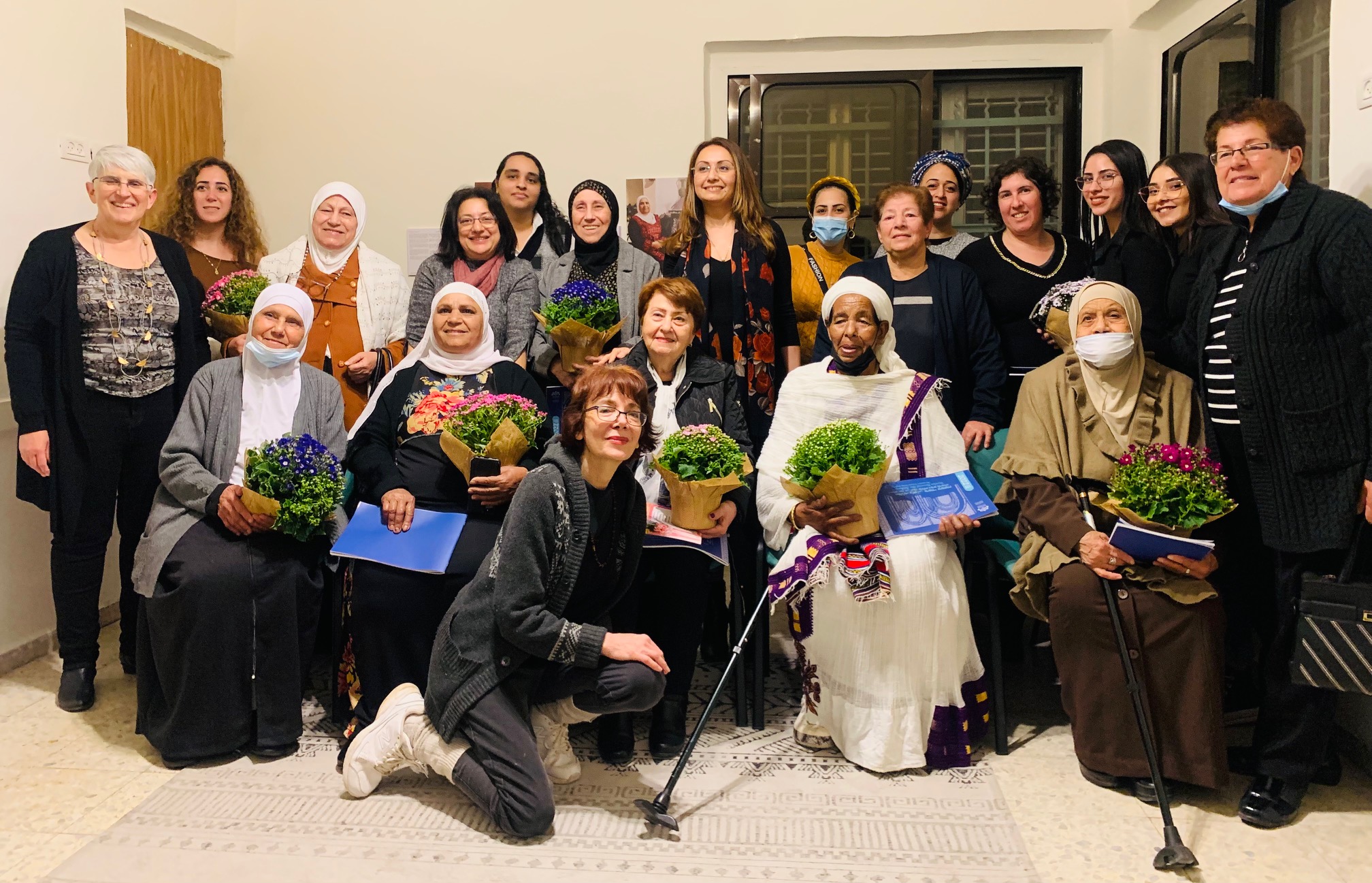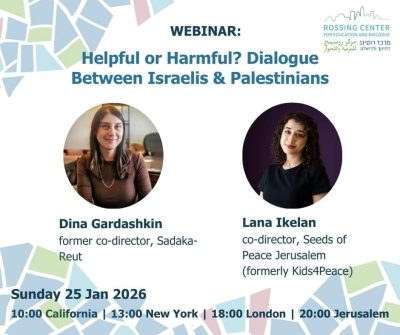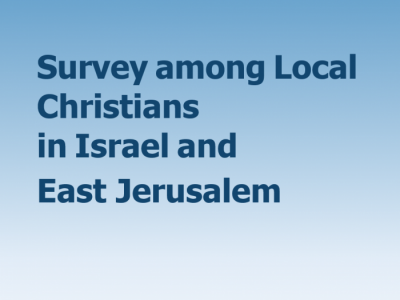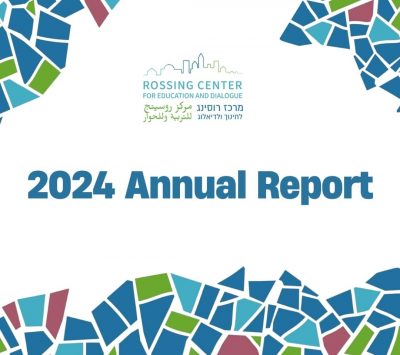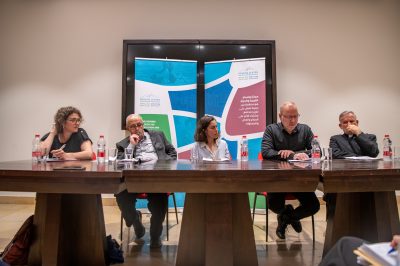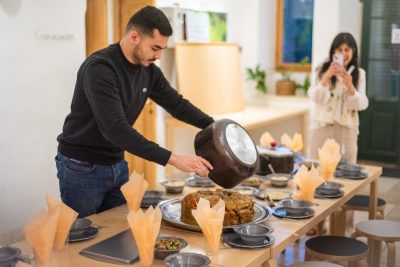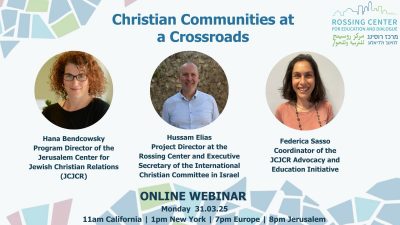Dear Friends,
As we spend time with our families during Ramadan, Passover and Easter, stories will be shared between us. We often forget about the power of a story and how it shapes who we are – a lesson that was the focus for one of our groups over the past few months. Within the walls of an old house in Ramle, eleven students sat down together to start a conversation. Young Palestinian and Israeli women came into the Rossing Center’s Open House, once a site of tension and expulsion transformed into a space of dialogue and community. It was in this place that these young students began exploring their own experiences of the Israeli-Palestinian conflict, how it has shaped their city and their identity as women in Ramle.
Through the struggles of the pandemic and the tumultuous events of May 2021, they dove into their experiences together, navigating their own divergent points of view and learning how to trust and respect the other through it all. And it was here that they set out to discover the history of their city—through the voices of women who never had a chance to tell their story.
Each of the eleven students interviewed a woman from the community, offering them a chance to share their memories of Ramle. The interviews tell the remarkable stories of the women of Ramle, women who built their homes, or had to leave them; women who lost their families and started their own; women who bear the history of the Ramle in their memory, their skin, and their homes.
Many of these stories tell the stories of houses: those that were lost and those that were built. Some of the women related how, from one day to the next, they were forced to leave their childhood homes. One remembered how she walked with the rest of the refugees to the Latin Monastery, with not much more than the bread they carried under their arms. Another remembered how her family wandered between abandoned houses until they could recover their own. Some women remembered their first homes when they started their families—one had five children in a cardboard shed. Another remembered how her mother furnished an old stable and made it into her childhood home.
Each story takes on a different light and color of the Ramle experience. Sharing a common history, each woman’s identity provides a different filter and together they make for a mosaic of experiences and identities—showcasing the strength of intersectionality. The students listened to these stories, wrote and compiled them, all the while talking to each other about what these experiences mean. As they walk through the characteristic arches of their city, they now inherit the history that passes through them, taking on the memories of their past and deciding how it will shape their future.
Today, these anecdotes of strength, pain, loss and love are collected in a booklet, “Stories from Beyond the Arches: Women’s Voices from Ramle,” available on the Rossing Center website. Stories make us who we are and shape how we understand the conflicts around us. It is for this reason that the Rossing Center focuses on the telling of one’s story and their connection to wider conflicts in the Israeli-Palestinian reality. The question is whether we are capable of truly listening to the different stories around us and not simply dismissing them because they do not fit our identity, narrative or religious conviction.
As violence once again threatens to engulf our region, we know that telling these stories, raising these voices, acknowledging each other’s history and experience, answers one of the needs for creating a more inclusive society. At the opening event of the exhibition, attended by the Mayor and other city counsellors as well as around 100 residents of Ramle, we witnessed how having their stories shared and publicly acknowledged strengthened the women who have seen so much during their lifetimes – and strengthened the city of Ramle as a whole.
We are proud to be building a better, stronger future – and one which will help provide greater security for us all. Below you can find a link to our 2021 Annual Report or click here, to learn more about our work.
Ramadan Kareem, Chag Sameach, Happy Easter,
Dr. Sarah Bernstein
Director

